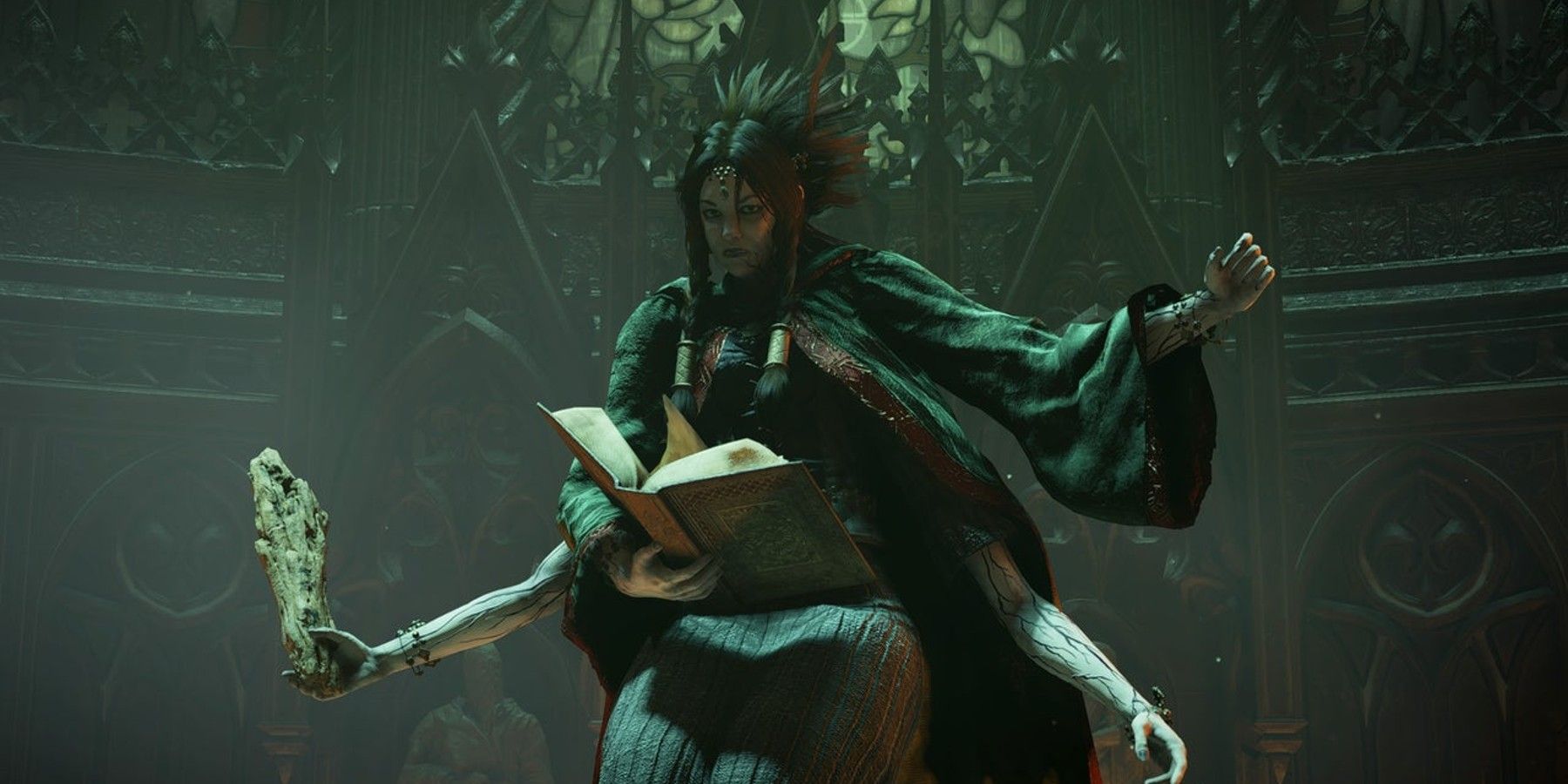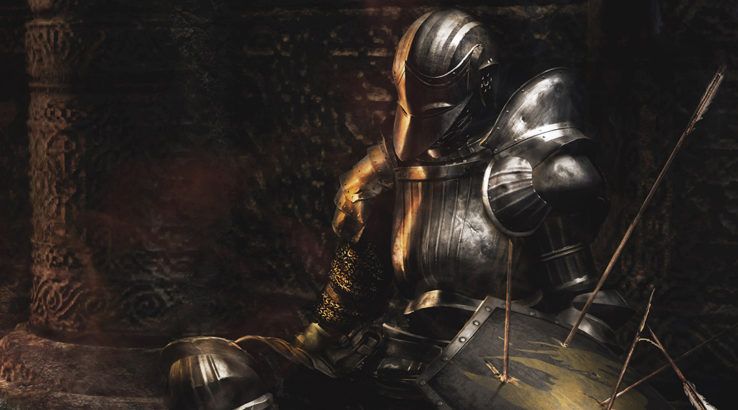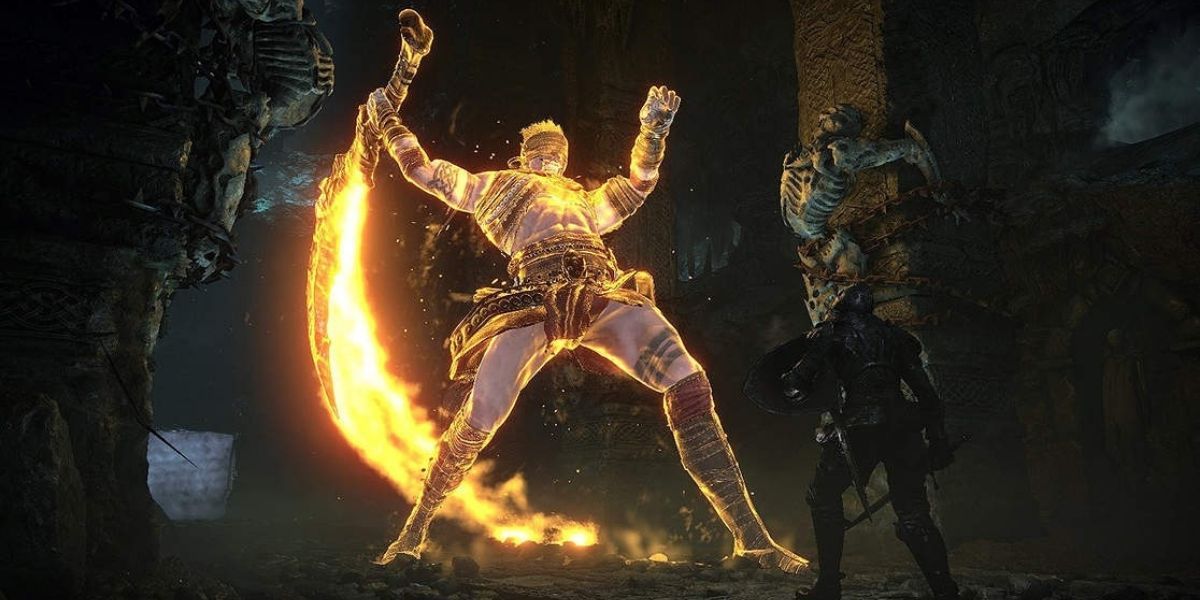The Demon’s Souls remake was one of a small number of PS5-exclusive games that launched alongside the console, a list that also included Spider-Man: Miles Morales and the free game Astro’s Playroom. In about a year, Demon’s Souls has already sold over 1.4 million copies, and Sony acquired developer Bluepoint Games shortly after it released.
The game was not only a commercial success, but also received critical acclaim upon release, with praise lavished upon its graphics and other improvements to the original. Demon's Souls is now considered one of the greatest launch titles ever, joining a pantheon with such renowned classics as the N64’s Super Mario 64 and the original PlayStation’s Ridge Racer.
Demon’s Souls Was Once a Failing Project
The original Demon’s Souls was once considered to be a failure. Now-legendary mastermind of the Dark Souls franchise Hidetaka Miyazaki is credited with rescuing the game’s floundering development when he took over as its director ahead of its 2009 release. Despite his relative inexperience at the time, Miyazaki was given a lot of creative freedom by FromSoftware, and used the struggling game as an opportunity to implement some of his fresh ideas.
One such concept was to use seemingly insurmountable challenges to create an enormous sense of accomplishment for the player, kickstarting the infamously brutal difficulty for which Souls-like games have become renowned. He also wanted each death to feel significant, heavily penalizing players by having them lose all of the in-game currency they had accrued in the form of souls.
However, he also ensured that each death acted as a learning opportunity, and - more importantly - that they felt fair. He felt players should clearly understand that each death was their own fault, and to understand what they did wrong so that they could approach the game in a different way to succeed in future. Indeed, the concept of repeated death was so important that it was worked into Demon’s Souls story, which was inspired by the “Choose Your Own Adventure” fantasy books Miyazaki enjoyed reading as a child.
Although the game initially performed badly in its native Japan, it proved to be a "sleeper hit" that eventually gained a huge cult fanbase in the west. Miyazaki went on to refine the formula in subsequent blockbusters like Dark Souls and Bloodborne, which were so successful that he has since become FromSoftware's president, in a meteoric rise through the company.
The gameplay mechanics introduced in Demon’s Souls have now become so popular and ubiquitous that it is hard to imagine a gaming industry not dominated by Souls-likes and other imitators. One wonders if this success could also be Miyazaki’s downfall, should the market become so saturated with similar titles that the public grows weary of the formula by the time Elden Ring or future titles release.
How a Remade Demon’s Souls Became an Amazing Launch Title
Despite its success in the years following Demon’s Souls, FromSoftware was not in a position to create a direct sequel or a remake as Sony Interactive Entertainment owned the rights to this original game. Thus the console giant, keen to ensure it had a well-renowned title for the launch of its new system, outsourced development of a remake to Bluepoint Games instead of involving FromSoftware directly.
Although this was a controversial decision, the quality and success of the remake has proven it was a shrewd move. Not only was the title profitable in its own right, it gave Sony a much-needed edge over Microsoft, whose rival next-generation console the Xbox Series X did not launch with any exclusive games. This choice was an unusual one, as console manufacturers have typically launched with as many strong titles as possible to entice gamers to invest in their machines.
For example, the Nintendo Switch hit stores with The Legend of Zelda: Breath of the Wild among its launch lineup; another game that praised and undoubtedly boosted the console’s commercial standing. The game has sold over 23 million copies as of June 2021, making it not just one of the most successful launch titles, but one of the best-selling video games of all time.
Prior console generations have also featured memorable launch titles, again with mixed results. Despite helping the hardware achieve strong early sales figures and receiving praise for its visuals, the PS4’s launch title Killzone: Shadow Fall was considered a lackluster shooter. Conversely, Microsoft’s Xbox One launch lineup contained several titles that are still well-regarded today, such as Assassin’s Creed 4: Black Flag and Battlefield 4.
The launch title trend dates back to long before the last couple of console generations. Even in the early 1990s, when the Sega and Nintendo console wars were being waged, launch titles could make or break a new piece of hardware. The Sega Genesis’ US launch in 1989 was accompanied by a number of titles that are still fondly remembered, such as Altered Beast and Super Thunder Blade. Nintendo responded with the iconic Super Mario World to coincide with the release of the SNES around two years later.
Launch titles will always be critical to a new console’s success, and despite ongoing challenges in actually buying a PS5, the stellar performance of Demon’s Souls has undoubtedly boosted the commercial standing of Sony’s machine. Fans will be interested to see what the acquisition of Bluepoint means for Sony, and what the company intends to do with its Demon’s Souls IP in future.
Demon’s Souls is available now for PS5.



